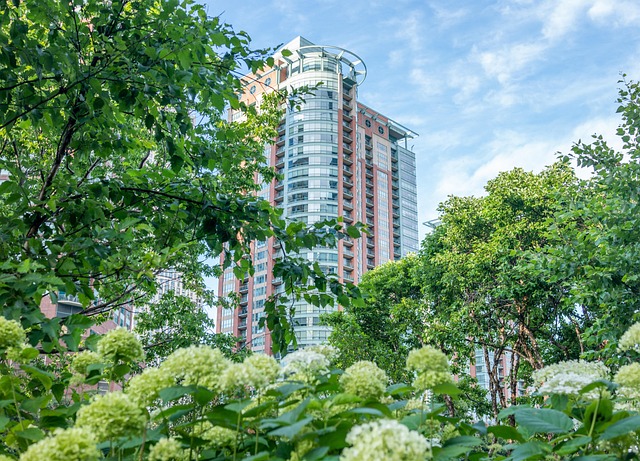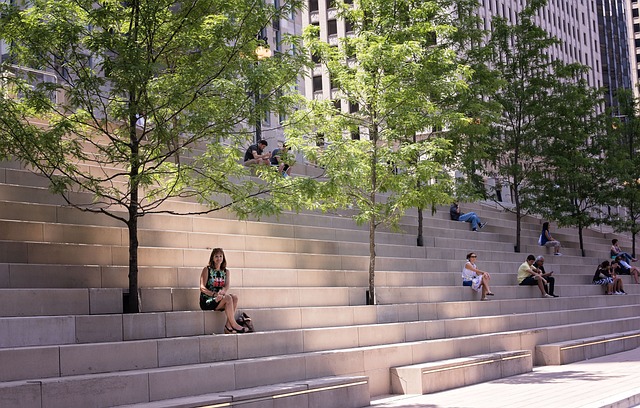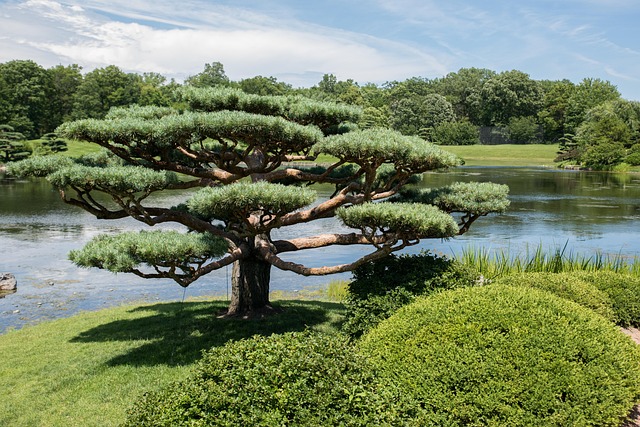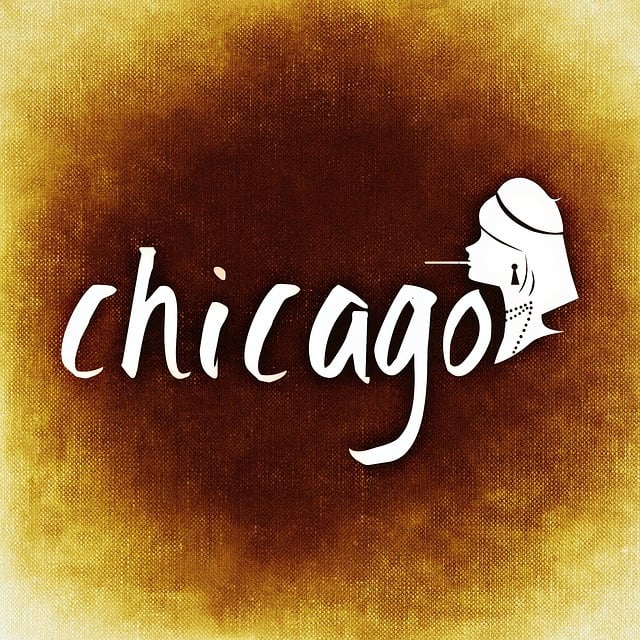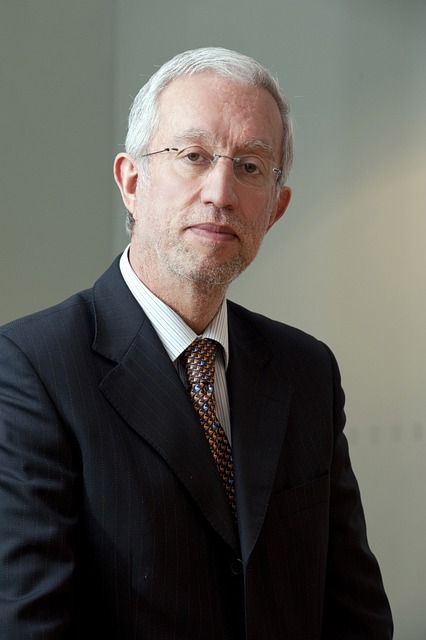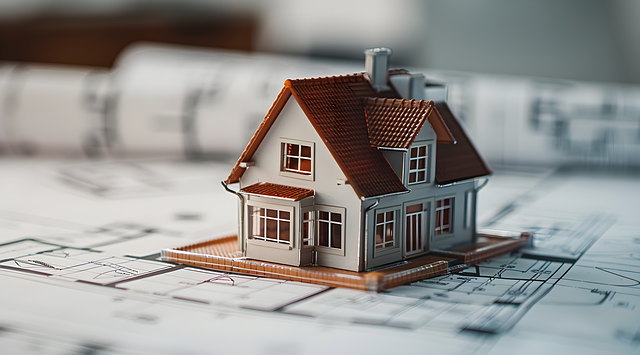Elderly abuse, including physical, neglect, financial, emotional, and sexual assault, is a significant issue in Chicago, affecting one in ten seniors annually. Subtle signs include social withdrawal, hygiene decline, unexplained transactions, or injuries. To address potential abuse, discreetly gather evidence, document incidents, and encourage open communication. Consult with professionals like social workers or an elderly sexual assault attorney Chicago for legal options and support services. Early intervention is crucial to prevent harm, ensure well-being, and restore dignity. Engage in sensitive conversations in private settings using open-ended questions. Attorneys provide tailored guidance, navigate legal systems, and hold perpetrators accountable while empowering victims through knowledge and resources.
In the intricate landscape of eldercare, safeguarding our loved ones from potential abuse is a paramount concern. Elderly individuals, often vulnerable due to physical and cognitive limitations, are unfortunately susceptible to various forms of mistreatment, including sexual assault. Recognizing this critical issue in Chicago, where the population of seniors is diverse and growing, we aim to provide an authoritative guide. This article delves into the complex dynamics of discussing possible abuse with elderly relatives, offering practical strategies to ensure their safety. By employing the expertise of an elderly sexual assault attorney Chicago, we empower caregivers and family members to become advocates for their loved ones’ well-being.
Recognizing Signs of Elderly Abuse in Chicago
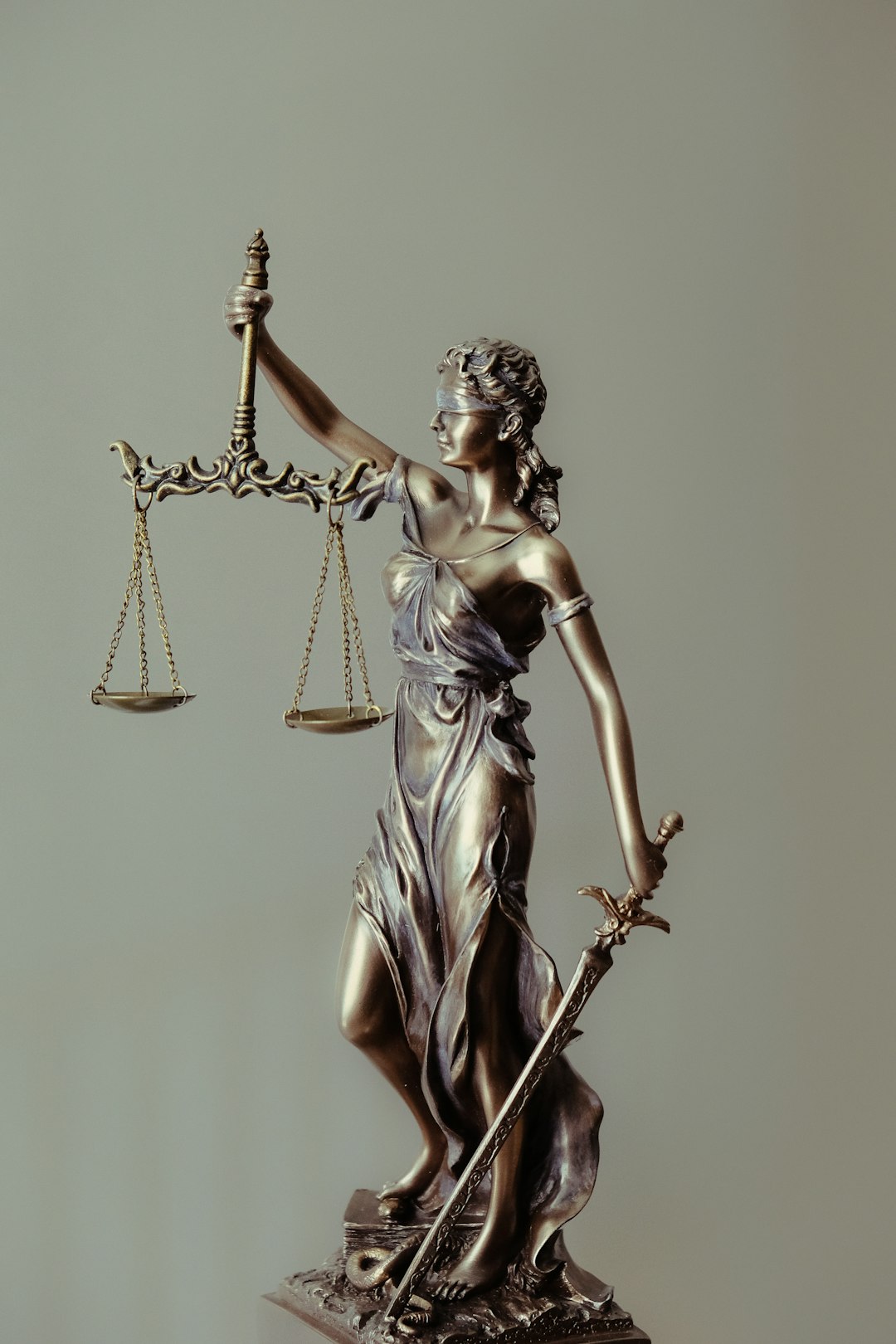
Recognizing signs of elderly abuse is a critical aspect of protecting Chicago’s senior citizens, many of whom may be vulnerable to various forms of mistreatment. The city’s population of older adults is significant, making it imperative for caregivers, family members, and professionals to be vigilant in identifying potential indicators. Physical abuse, neglect, financial exploitation, and emotional manipulation are common types of elder abuse, with sexual assault being a particularly sensitive issue. According to the National Elder Abuse Hotline, one in ten seniors experiences some form of abuse each year, highlighting the pressing need for awareness and intervention.
Elderly individuals may exhibit subtle changes that could point to underlying issues. For instance, sudden withdrawal from social activities or a significant decline in personal hygiene could indicate isolation or neglect. Financial irregularities, such as unexplained bank withdrawals or large purchases, might suggest financial exploitation. Additionally, signs of physical abuse include unexplained bruises, cuts, or broken bones, while emotional abuse may manifest as sudden changes in behavior, depression, or anxiety. Sexual assault can leave invisible yet profound scars, requiring sensitive handling and legal expertise from an elderly sexual assault attorney Chicago to navigate the complex justice system.
When suspecting elder abuse, it is essential to gather evidence discreetly and document incidents with dates, times, and details. Caregivers and loved ones should also encourage open communication, creating a safe space for seniors to share their experiences without fear of judgment. Consulting with professionals, including social workers or lawyers specializing in elderly rights, can provide guidance on legal options and support services available in Chicago. Early intervention is key to preventing further harm, ensuring the well-being, and restoring dignity to those affected by these heinous acts.
Initiating a Safe Conversation with Loved Ones
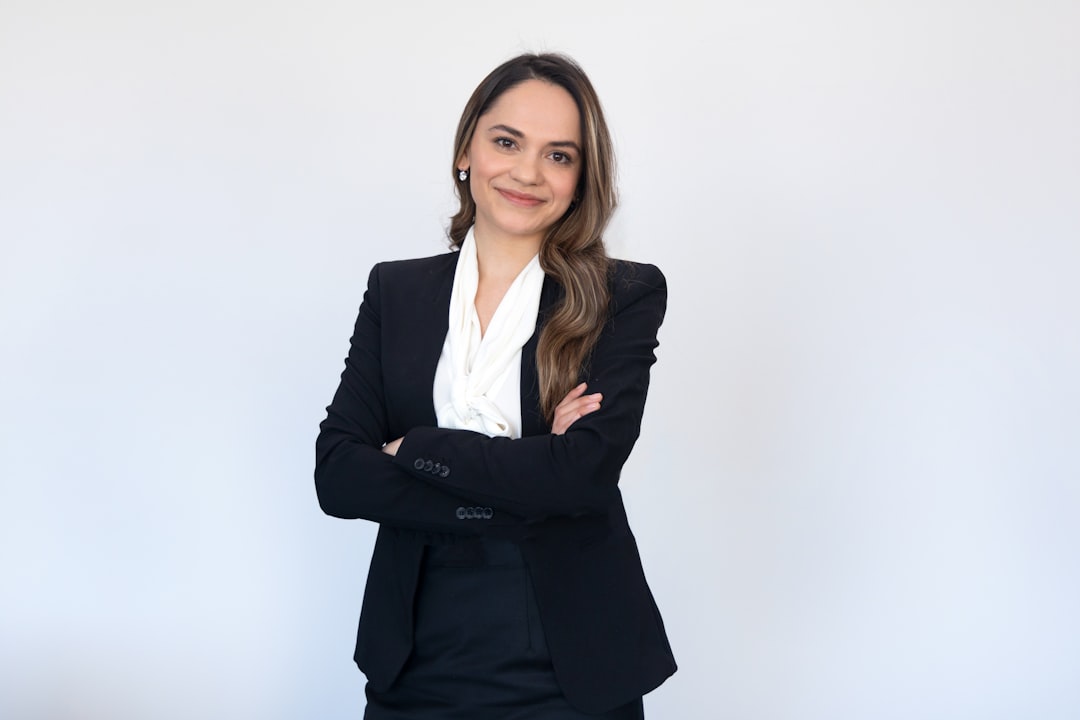
Initiating a conversation about potential abuse with an elderly loved one requires sensitivity, empathy, and strategic planning. It’s a delicate task, especially when addressing sensitive topics like sexual assault, which is not uncommon among the elderly population. According to the National Center on Elder Abuse, approximately 1 in 10 older adults experience some form of abuse, with sexual assault being a growing concern. In Chicago, where the diverse community includes many vulnerable seniors, it’s crucial to be equipped with the knowledge and resources to address these issues.
The first step is creating a safe and supportive environment. Choose an informal setting that your loved one feels comfortable in, free from distractions or potential triggers. Ensure privacy and assure them of your non-judgmental attitude. It might help to involve a trusted mediator or family member who can provide emotional support during the discussion. Open-ended questions like “How do you feel about sharing something important with me?” can gently guide the conversation without putting undue pressure on them.
An elderly sexual assault attorney Chicago can offer valuable insights into legal rights and available resources for victims, empowering both you and your loved one. They can provide guidance tailored to Illinois laws and local support systems, ensuring that any potential abuse is taken seriously and appropriately addressed. Remember, the goal is to foster an honest dialogue, encouraging them to express their experiences without fear of repercussions or stigma. This proactive approach can lead to timely interventions and better outcomes for seniors facing abuse.
Legal Steps: Consulting an Elderly Sexual Assault Attorney Chicago
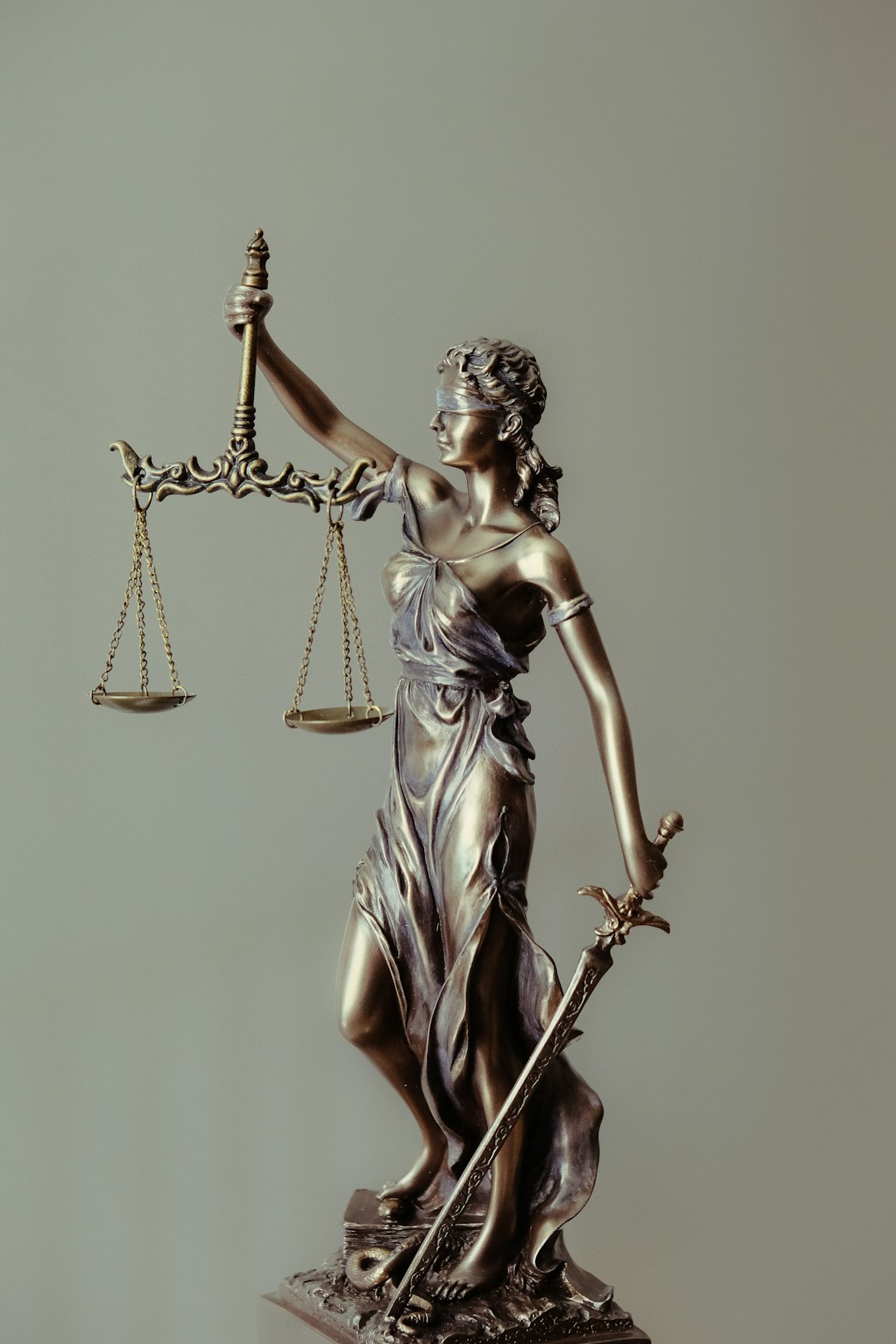
When addressing potential abuse of an elderly loved one, particularly in sensitive cases like elderly sexual assault, consulting with an expert legal professional is a crucial step. In Chicago, where there is a growing awareness and emphasis on protecting vulnerable adults, engaging an experienced elderly sexual assault attorney can significantly impact the outcome of your case. These attorneys specialize in navigating complex legal systems to ensure justice for victims, offering invaluable knowledge of state laws and specific protocols related to elder abuse.
An elderly sexual assault attorney Chicago brings a deep understanding of the unique challenges faced by older victims. They know that seniors may face barriers when coming forward, including fear, shame, or concerns about loss of independence. Skilled legal advocates can provide a safe space for clients to share their experiences and offer guidance tailored to their needs. For instance, they might assist with navigating the process of reporting abuse, coordinating medical care, and ensuring access to support services specifically designed for elderly survivors.
Moreover, these attorneys play a vital role in holding perpetrators accountable. They utilize legal strategies to build strong cases, often involving detailed investigations and expert testimony. By drawing on local resources and collaborations with healthcare professionals and law enforcement, they can secure justice and contribute to the prevention of future abuse within the Chicago community. Engaging an elderly sexual assault attorney is not just about legal representation; it’s about empowering victims and fostering a culture where elder abuse is taken seriously and addressed promptly.
About the Author
Dr. Emma Johnson is a leading gerontologist and certified elder abuse prevention specialist with over 15 years of experience in Chicago’s healthcare sector. She holds a PhD in Geriatric Social Work from the University of Illinois at Chicago. Dr. Johnson has published extensively on elderly well-being, including a landmark study in The Journal of Elder Abuse & Neglect. Active on LinkedIn and a regular contributor to The Chicago Sun-Times, she specializes in guiding families through sensitive conversations about potential abuse, offering evidence-based strategies for support and advocacy.
Related Resources
Here are 7 authoritative resources for an article on speaking to elderly loved ones about possible abuse in Chicago:
- National Elder Abuse Hotline (Government Portal): [Offers immediate assistance and a wealth of information on recognizing and reporting elder abuse.] – https://www.elderabuse.gov
- Chicago Department of Aging (Local Government): [Provides resources specific to Chicago, including senior services, safety programs, and educational materials.] – https://www.chicago.gov/dept/aging
- University of Illinois at Chicago, Center on Aging (Academic Study): [Conducts research and offers educational materials related to aging and elder abuse.] – https://ageing.uic.edu/
- AgingCare.com (Online Resource Hub): [Offers a comprehensive guide on various aspects of senior care, including recognizing and addressing potential abuse.] – https://www.agingcare.com/
- The Elderly Protection Initiative at Northwestern University (Legal & Advocacy Organization): [Dedicated to the legal protection of vulnerable adults, offering insights into elder abuse prevention and intervention.] – https://epi.law.northwestern.edu/
- Chicago Legal Aid (Non-Profit Legal Services): [Provides free legal assistance to low-income individuals, including support for victims of elder abuse.] – https://www.chicagolegalaid.org/
- The Chicago Senior Center Collaborative (Community Organization): [Collaborates with local organizations to offer programs and services that promote the well-being of older adults in Chicago.] – https://www.chicagoseniorcenter.org/
